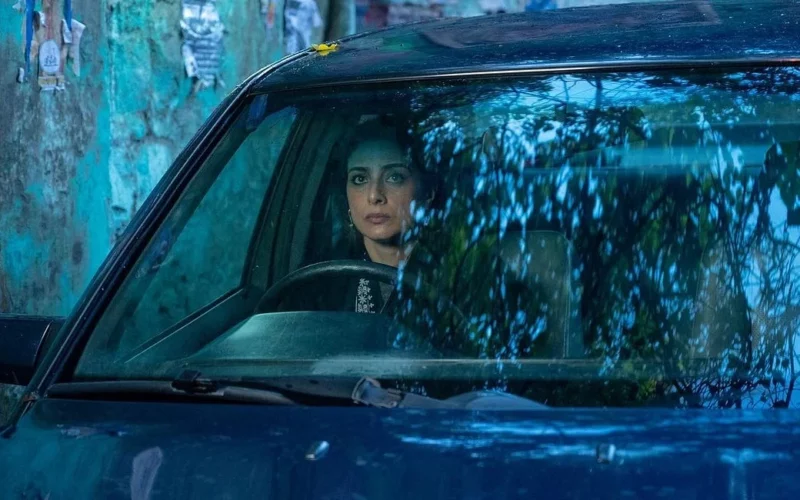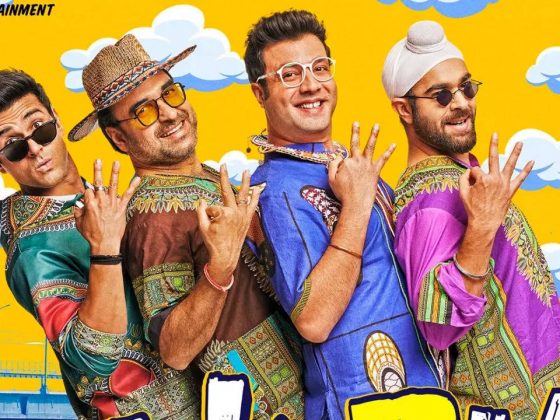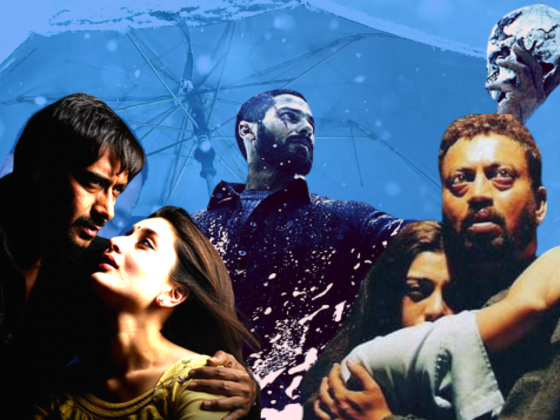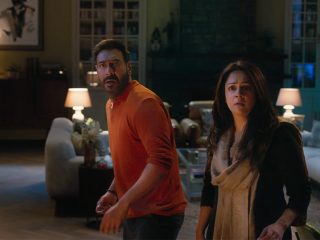Spy movies of espionage double-cross and individual dilemmas of greed vs. loyalty to a country are all intrinsic elements that work as emotional markers of this genre. The presentation here is what changes. It could be pulpy or visceral, like the Ian Fleming James Bond novels, which later evolved into their successors, like Robert Ludlum’s Bourne franchise. Or it could be quieter, calmer, more deliberately paced, melancholic, and extremely detailed, with the minutiae of geopolitics working in tandem with the individual characters’ dilemmas as they face choices that could become tantamount to national security.
You take the minutiae of experience that Le Carre provides and then transplant it to an Indian context, with family values and spousal relationships coming into the forefront as loyalty towards the nation or loyalty towards an ideal hangs in the balance. That had been some of the more interesting and nuanced storytelling applied within non-fiction novels like Calling Sehmat, which had been adapted into Meghna Gulzar’s 2018 film Raazi. However, with this transformation of milieu comes the question of balancing tones—can melodrama and espionage co-exist? Could nationalism devolve into barely disguised jingoism, or will it be a subtle takedown of jingoism and a recontextualization of what nationalism means? More importantly, what is the different viewpoint one takes towards patriotism, and how does that affect their worldview?
Vishal Bharadwaj has always been known for the adaptation of novels and short stories into seminal or interesting pieces of motion pictures. He has a penchant for delivering and constructing characters with grey shades, using real-life incidents, and incorporating them into the skeleton of the source material from which he is adapting. It is that deftness he uses to flesh out characters through moments of darkness, longing gazes, long-drawn-out puffs of cigarettes, silent screams eliciting from the woman while consummating, the woman enjoying and even extracting moments of happiness while dancing to the tunes, and thus the only hint of her subterfuge comes when she stops the recording of the 70s classical songs in the second half.
These deft touches are all working in the service of the shadowy world of complicated geopolitics, where countries are allied and congratulated on their successes while espionage and spy games occur in the background. But the consequences too stem not from visceral or quick-cut conclusions. Like the act of stakeout—surveilling someone’s life to find a clue and running the risk of empathising with your target—it is the slow burn that pulls these characters in, the act of patience, and the emotional turmoil these characters all go through when subterfuge becomes the norm and truth the rarity, such that when love comes to the forefront and is cruelly snatched away, revenge too becomes another fuel to stoke the simmering fire.
It’s all under the surface, bubbling in the cauldron of expressions among thespians like Tabu and gifted actors like Ali Fazal and Wamiqa Gabbi, essaying characters of complexity with grace. Exposition like Gabbi’s character being an army brat, and thus patriotism becomes an integral part, and she too becomes a character endowed with the wherewithal to understand true nationalism and not the manipulated one like her husband’s. But Bharadwaj doesn’t forget about consequences, and thus comedy is mined from showing the reality of “The American Dream”, the difficulty of living under the witness protection programme, and how those layers of subterfuge slowly try to choke the characters from within. To that end, the comedy is mined especially from the reaction of theatre veteran Navnindra Behl, whose cadence reminds you of the devoted and good-natured mothers of yesterday but her frustration and anger hearkens to a more modern era. It’s that dissonance of the supposed and the actual that lends itself to hilarity.
Within all of these moments, KM’s family life with her estranged husband and son doesn’t feel like a needless subplot to tickle the melodramatic fancy. On the contrary, Khufiya becomes an exploration of the mundanity of espionage and the intelligence bureau and how, at the end of the day, truth is the currency these characters choose to gamble to protect their country. You couple that with KM’s own love story and her sexuality, and Khufiya becomes infinitely complex and yet content, not in a hurry to move towards denouement but perfectly in control—the stark beauty of the American suburbs of North Dakota contrasting with the darkness in the suburban household, the editing becoming perfectly paced and taut with suspense in the first half, and suddenly the second half begins and you are almost thrust into another movie. Both of these parts, however, are cohesive, if not entirely following the smooth flow of the movie.
If there is a criticism and a full confession, it has been hard to find one; the denouement felt rushed, albeit unpredictable. It felt that suspense could have been milked out when the threat of a visceral climax was imminent, and somehow the story needed to end quicker than the appropriate pace the music had been moving with. Violence itself, though, comes in at short bursts, and when they do, the impact is higher. It’s the stretching out of the cat-and-mouse game of espionage taken to its violent conclusions, and with the cynicism of Le Carre combined with the melodrama of an Indian film, the recipes combine to create a succulent piece of Mutton Rogan Josh. It is a meal, and it is best to be savoured rather than rushed through.











